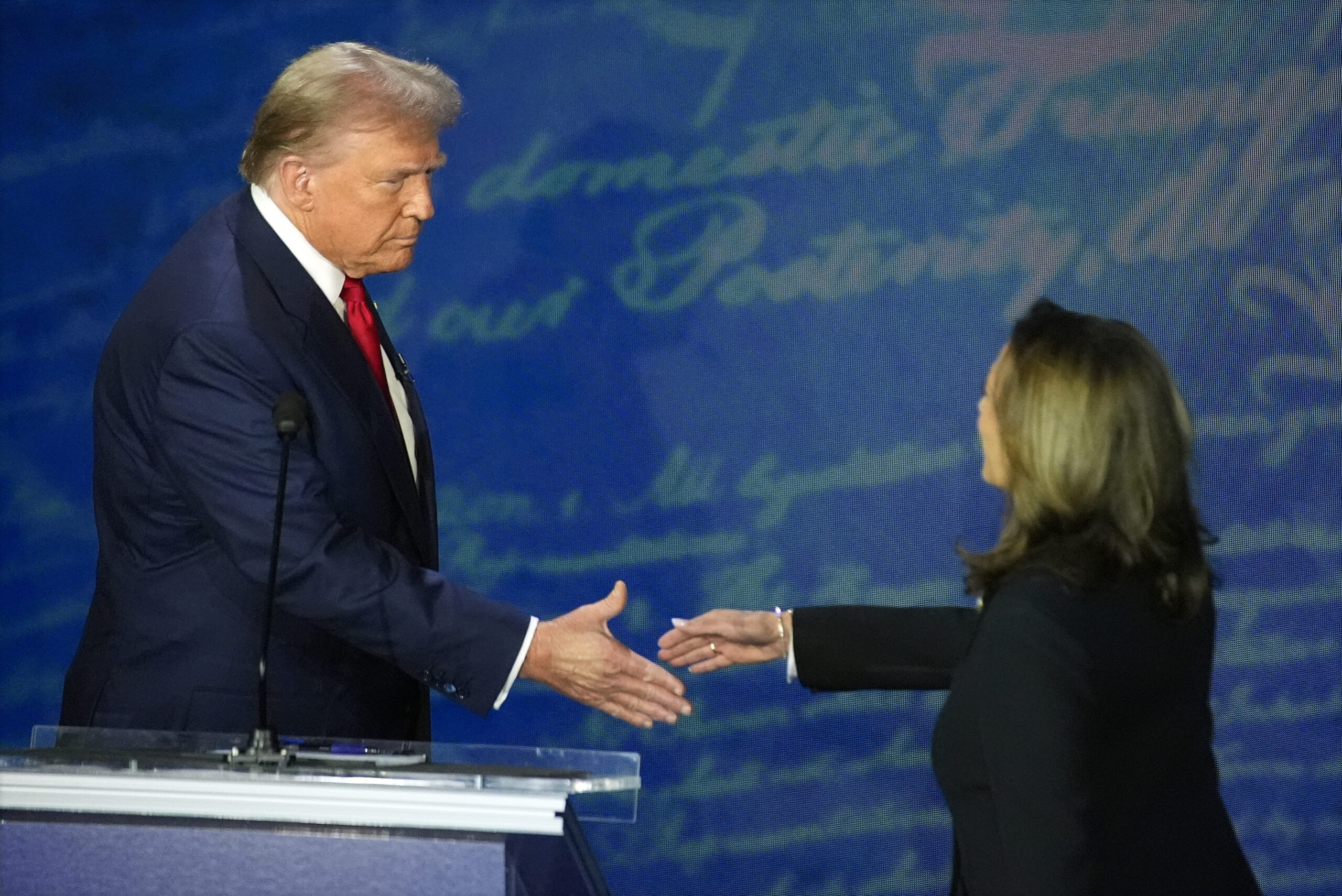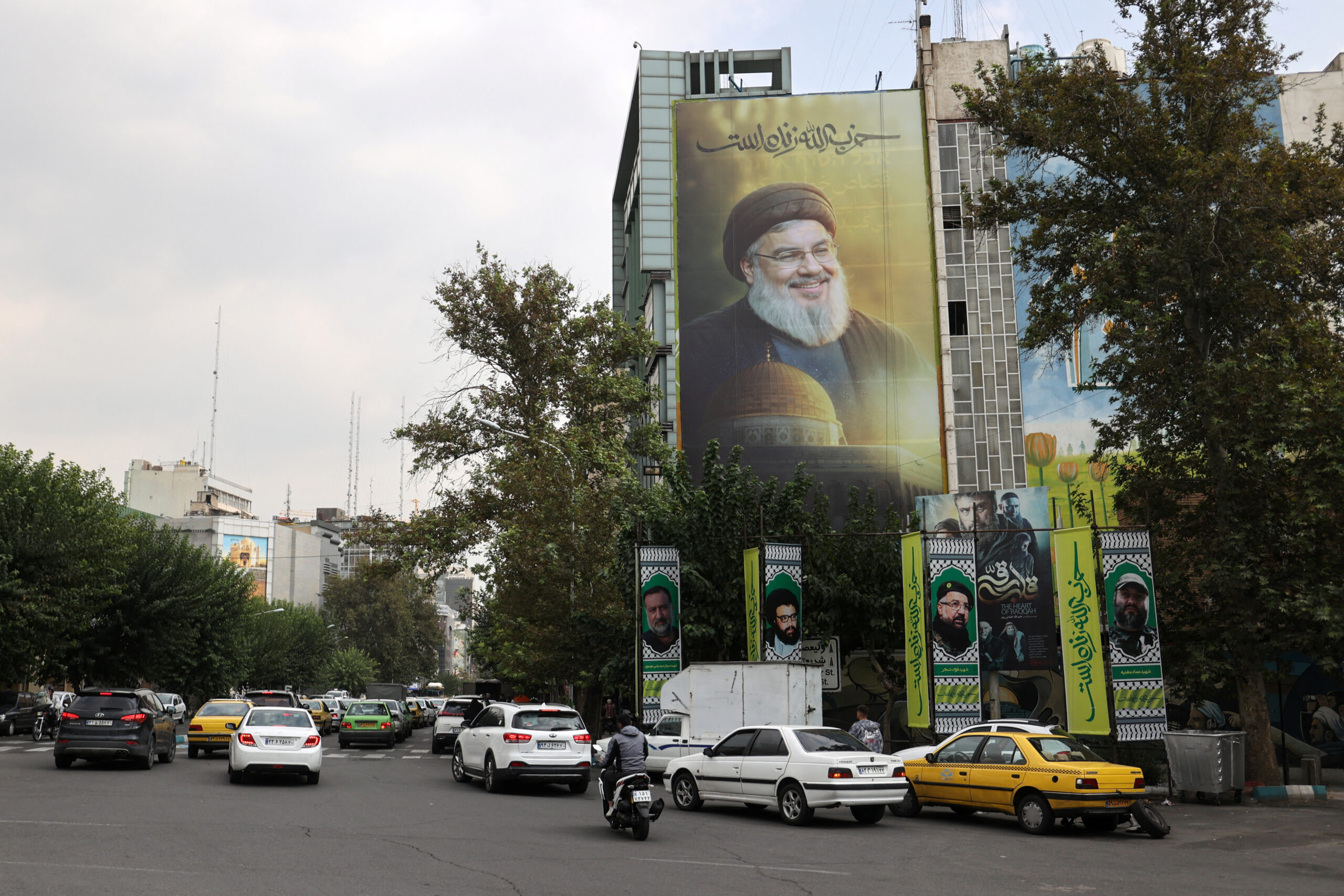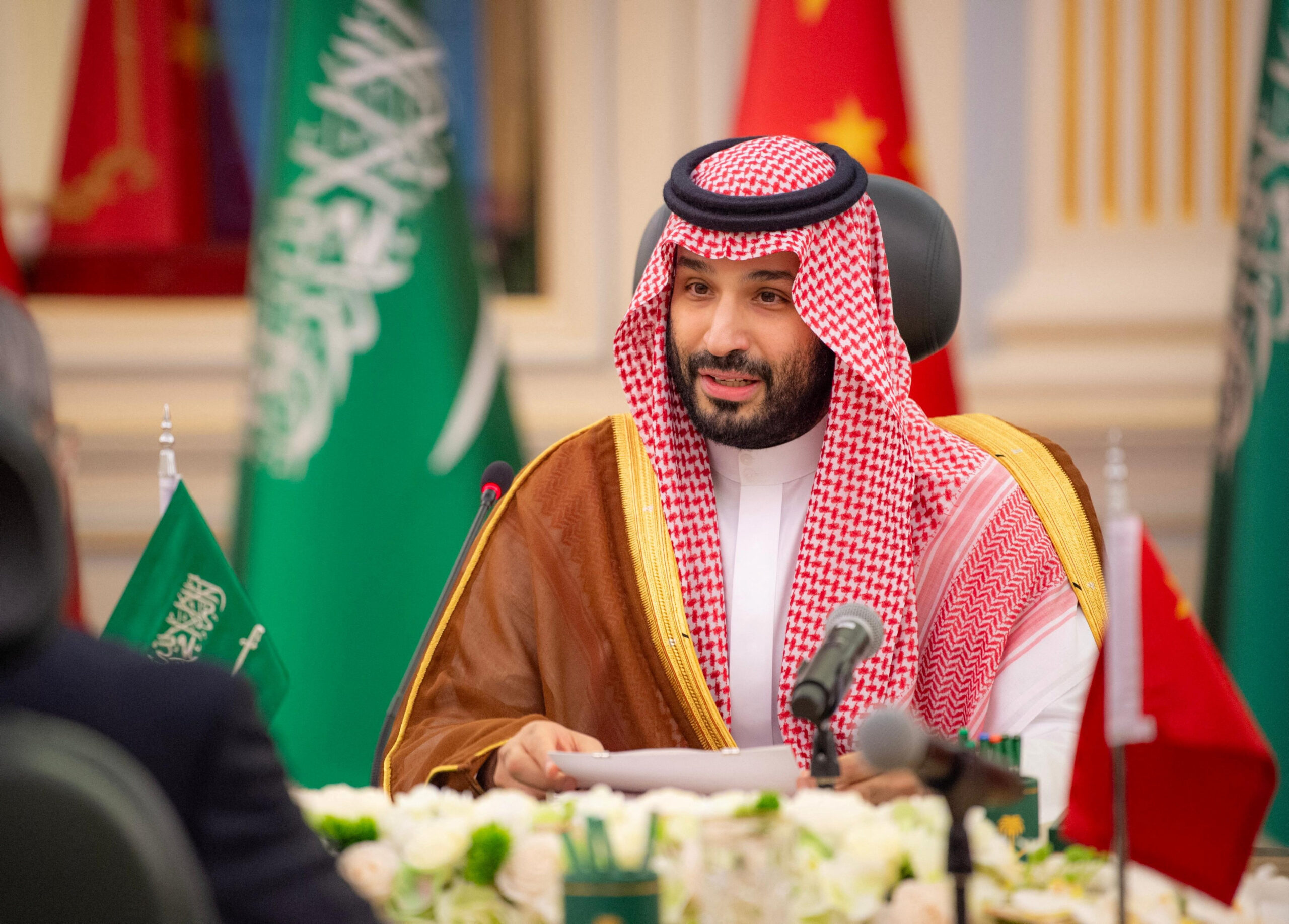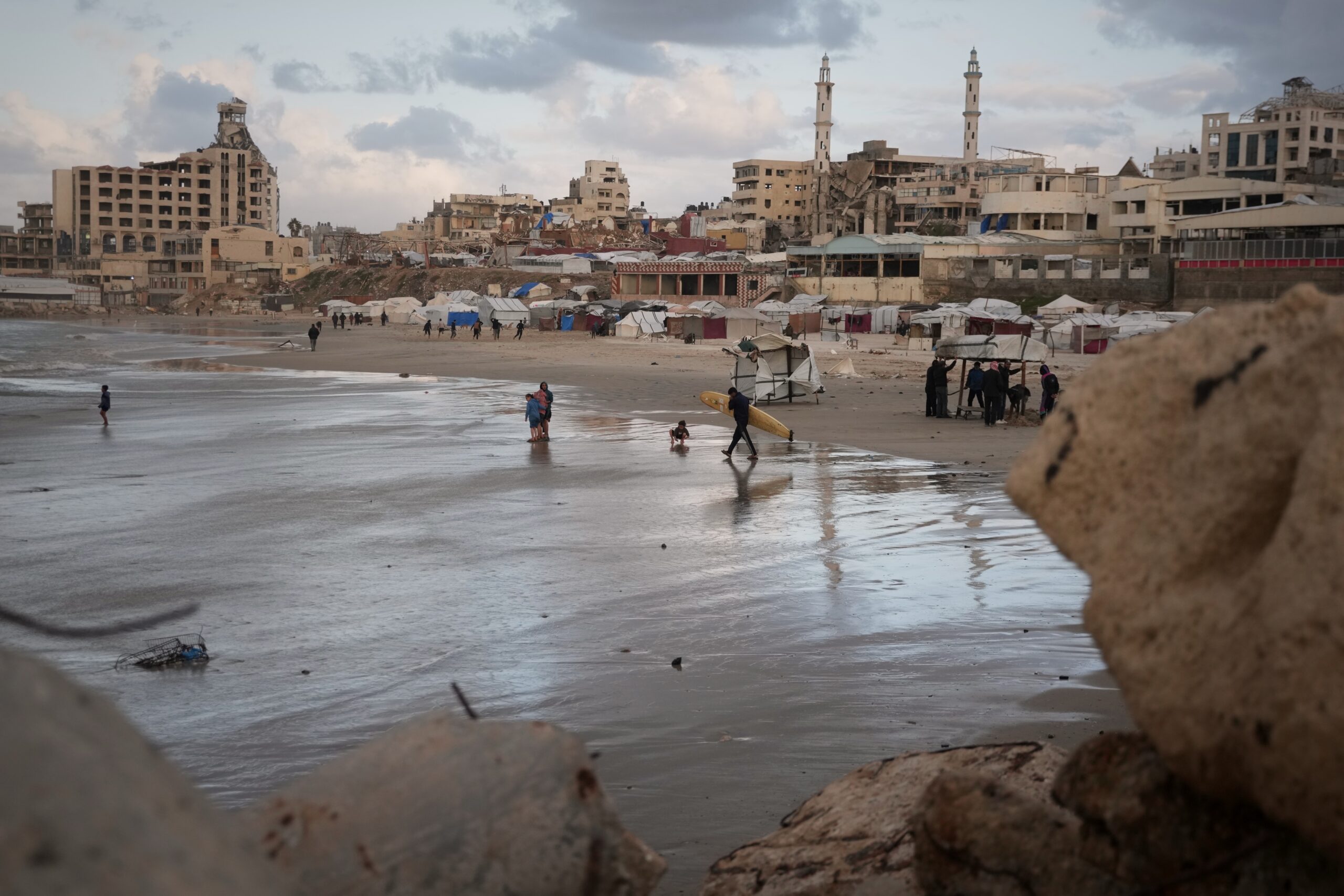Gulf Countries Seek to Avoid Getting Drawn Into the Israel-Iran Confrontation
Gulf Arab states are yet again watching on the sidelines as other powers shape their present and future strategic environment.
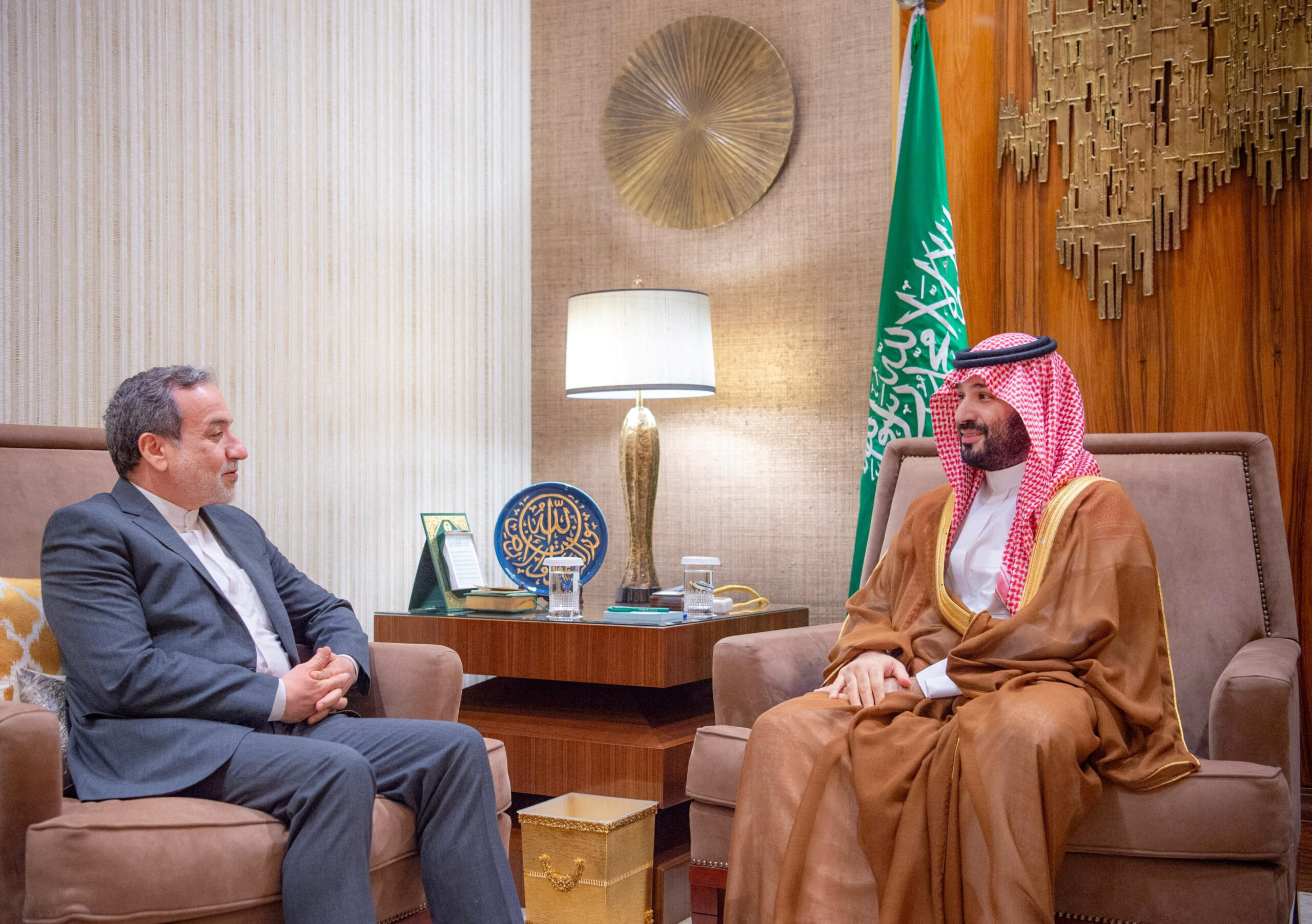
Over the past year of crisis and conflict, Gulf Arab countries have all tried to play a range of constructive roles while trying to avoid being drawn into the conflagration despite their best efforts to stay out of it. Now, with Israel poised to respond to Iran’s latest missile attack on October 1, the confrontation has reached the doorsteps of Gulf Cooperation Council countries. Iran has publicly and pointedly threatened unspecified consequences, potentially kinetic military ones, for any country that permits Israel or the United States to use its airspace in potential air attacks against Iran. This dire warning has very significant implications for both the practical national security concerns of these countries in the immediate term and their broader strategic calculations in the coming months and years. It strikingly illustrates how a multifront regional conflict could easily suck in even those powers that strive mightily to stay out of the fray. It also shows how countries whose national interests dictate conflict avoidance and neutrality may be forced to effectively choose sides or even to be deemed to have chosen sides when they have tried their best not to.
There are other routes Israeli aircraft and projectiles could take to reach Iran, although it depends where in that large country Israel’s potential targets are located. The most obvious alternatives would include an arc over Syria and Iraq, neither of which are in a position to do much other than complain if Israel overflew their airspaces en route to Iran. A Jordan-Iraq route is similar but it’s unlikely Israel would want to put Jordan in such a compromising position when the Jordanians shot down Iranian drones and missiles headed for Israel. There is also a potential elliptical path over the Red Sea, around the Arabian Peninsula and up into Iran from the south. And there is a slightly less elliptical third path over Turkey and into Iran from the north. That is unlikely to be used as Turkey would surely not permit it. Saudi Arabia, in particular, has air space that could be utilized without permission to provide a relatively direct route from Israel to many targets in Iran. Which of these alternatives might be used by Israel if it retaliates against Iran with missile, drone, or aircraft bombing attacks remains to be determined. But since Israel lacks any direct path to Iran, overflight of another country’s sovereign airspace is virtually inevitable and so is Iran’s angry and possibly violent reaction.
The three GCC countries with a recent history of disputes with Iran are the ones most concerned. The United Arab Emirates, which is extremely vulnerable to missile attacks, and Saudi Arabia are particularly anxious to avoid any involvement in Israel’s expected retaliation. In meetings with Iranian President Masoud Pezeshkian on the sidelines of an Asia conference in Doha and, most significantly, Foreign Minister Abbas Araghchi’s highly significant October 9 visit to Riyadh, both sides made their positions unequivocally clear. Iran stated that any overflight, with or without cooperation, would be “unacceptable” and invite potential retaliation, presumably including military reprisals. For their part, Saudi Arabia and the other Gulf Arab countries expressed their neutrality in the bilateral Israeli-Iranian confrontation and their determination not to take sides in any way.
But, once again, Gulf countries are largely bystanders to the decision-making processes of powers that seek to act in their own interests but even potentially attempt to reshape the regional strategic equation to suit their own purposes. It’s a vulnerability they have been unable to resolve either with their own military preparedness or through a fading reliance on Washington, which is perceived as unpredictable and unreliable, especially when it comes to restraining Israel. Like the United States, these countries are in danger of being forced by unilateral Israeli actions into a conflict they are determined to avoid. But unlike the United States, these countries lack the ability to take unilateral actions of their own that would reduce their vulnerability to attack or manipulation or to pose a sufficient deterrent that would ensure that neither Israel nor Iran compromises their national security.
Gulf countries, particularly Saudi Arabia, Bahrain, and the UAE, have no love lost for Hezbollah, which they have labeled a terrorist organization, or for Iran’s hegemonic policies and regional ambitions. But given their anxiety-inducing experiences during the year of Iran’s “maximum resistance” to the “maximum pressure” U.S. sanctions policy during the administration of former President Donald J. Trump, these countries remain highly skeptical that they will benefit from military blows against Iran or its Arab militia proxies, including Hezbollah in Lebanon. During that largely “gray zone” campaign of largely deniable actions of sabotage, the disruption of shipping, and rocket or missile attacks culminating in the September 2019 attacks against Saudi Aramco facilities in Abqaiq and Khurais, which notably went unanswered by the United States, Gulf countries concluded that any policy that antagonizes Iran short of an Iraq-style invasion that imposes regime change in Tehran (an implausible scenario) is contrary to their security.
To put these lessons into practice, Saudi Arabia, Bahrain, and the UAE have all initiated their own independent bilateral dialogues with Iran. They were undoubtedly relieved to have adopted this change of course well before the Hamas-led October 7, 2023 attack against Israel and its highly destabilizing regional aftermath. Over the past decade, Israeli and Gulf Arab attitudes toward Iran and its regional network have significantly diverged. Ten years ago, these Gulf Arab countries largely shared Israel’s belief that Iran’s regional network (the “axis of resistance”) would be best dealt with through a U.S.-led campaign of sanctions and military pressure. However, unlike Israel, Gulf Arab countries came to see the value of the Joint Comprehensive Plan of Action nuclear deal struck between Iran and the administration of former President Barack Obama but abandoned by Trump. The year of “maximum resistance” from 2019-20 illustrated that Iran’s pushback would be mostly focused on Gulf Arab assets rather than U.S. or Israeli ones. They concluded from the experience that they would pay the price for decisions taken with neither token or no consultation with these governments or consideration of their interests. They decided that their participation in systems of containment against Iran needed to be buttressed with a diplomatic dialogue with Tehran that could provide more agency and the means of avoiding full responsibility for the actions of other parties against Iran.
Such concerns were significant factors in the restoration of relations with Iran. They dovetailed with a desire in Riyadh, Manama, and Abu Dhabi to focus on economic development, preparing for a post-hydrocarbon future, and consolidating the domestic political stability of the regimes including, in the case of Saudi Arabia, amending the historical narrative that underpins regime legitimation. All other regional powers that try to project influence in the Middle East, including Turkey, have joined Saudi Arabia and the UAE in embracing a strategy of retrenchment, consolidation, and maneuver – which began, in effect, with the Abraham Accords in the summer of 2020 – except for Iran (and, in its own very different way, Israel). Tehran continued to see the value in confrontation and conflict, although only directly involving Arab proxy groups, including through the “Al-Aqsa Deluge” October 7 attack against Israel. And even though Iran and Hezbollah sought to engineer a limited confrontation with Israel along the Lebanese border, in largely symbolic support for Hamas to preserve Hezbollah’s reputation as a “resistance” movement, Israel has called their bluff. Iran felt compelled, probably largely because of domestic political considerations, to finally retaliate directly against Israel after the killing of Hezbollah leader Hassan Nasrallah on September 27.
Israel has vowed to retaliate militarily in a “deadly, precise and above all surprising” manner that will cause Iran shock, dismay, and enormous pain. Washington, with strong Gulf Arab encouragement, is urging Israeli Prime Minister Benjamin Netanyahu to avoid attacking Iranian oil installations (which could cause global energy prices to spike in the days immediately preceding the crucial U.S. presidential election) and forgo attacks on Iranian nuclear facilities (which could set in motion an all-out “battle of the cities” between Israel and the Iranian-Hezbollah axis, including the Yemeni Houthis and allied militias in Iraq and Syria). Yet Israel has, time and again, ignored U.S. warnings and concerns and acted unilaterally, often without consulting or even alerting Washington in advance. Flush with triumphalism, Israel may once again act unilaterally and recklessly, with either the intention or the effect of drawing the United States into an air campaign against Iran and especially its nuclear facilities (which Israel can certainly strike, but probably not sufficiently to knock the program back for many years). Gulf countries, with their strong links to the United States and, in the cases of the UAE and Bahrain, diplomatic relations and fledgling strategic partnerships with Israel, make inviting targets for Iranian retaliation.
That’s why their governments are emphasizing neutrality and insisting their airspace cannot be used for any such attacks. They make such tempting targets that, even if their airspace isn’t used, if Iran concludes that attacks against the most important and vulnerable assets valued by Washington (or even Israel) are required, Gulf Arab countries could still become targets of opportunity. Their air defense systems, however sophisticated, will provide limited cover against concerted Iranian missile and drone attacks. They are left hoping that Washington can restrain Israel and cooler heads prevail in Tehran. But this episode is the latest confirmation that Gulf Arab countries are often relegated to the status of observers in decision making that will shape their present and future realties. The solution – which in theory ought to be built around the “ironclad” mutual security pacts they have sought, but not yet attained, with the United States – remains unclear and perhaps inaccessible.
The views represented herein are the author's or speaker's own and do not necessarily reflect the views of AGSI, its staff, or its board of directors.

